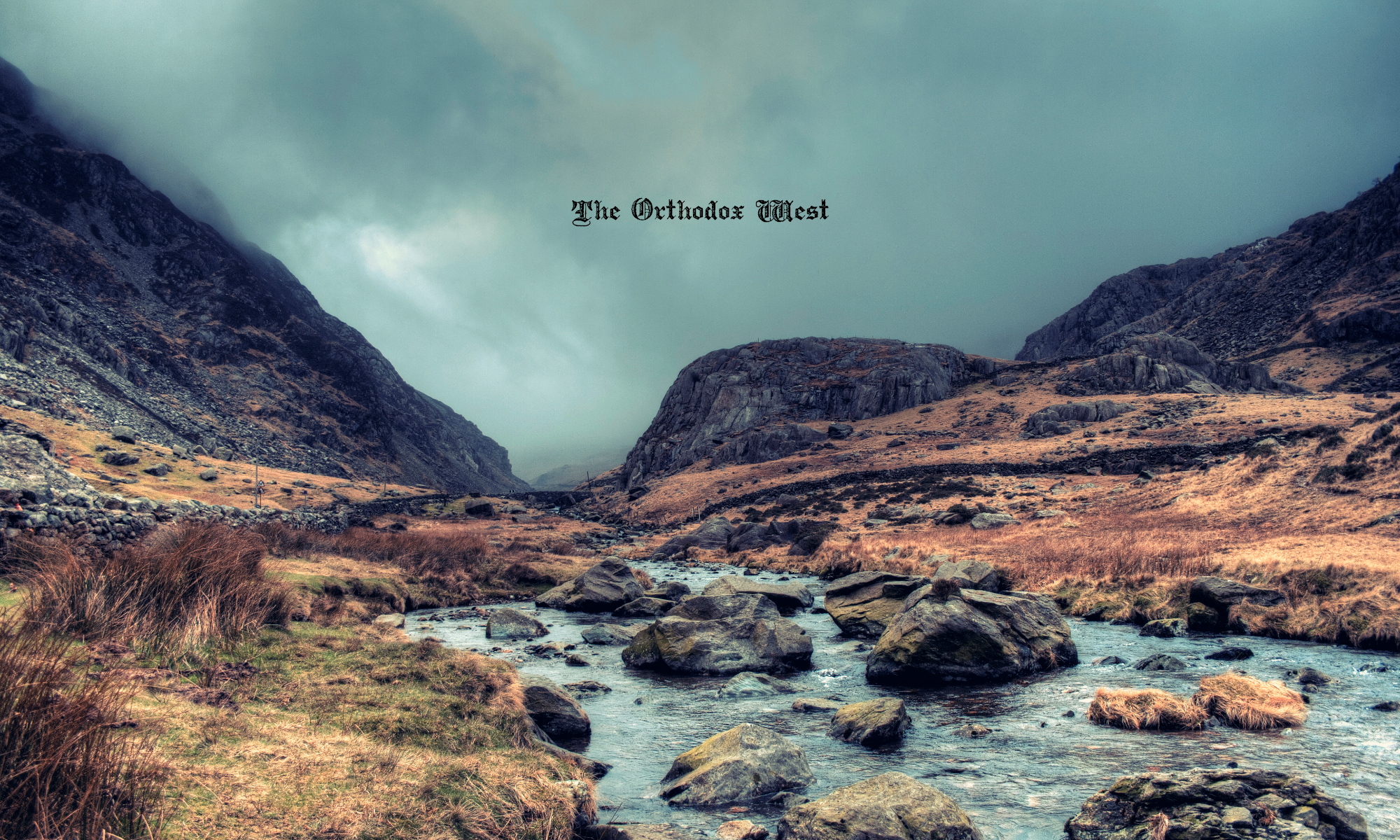On this fifth Sunday of Epiphany we hear the parable of the wheat and the tares.
There are many spiritual interpretations to be found in the father’s commentaries. Some write about the mixture in the Church, some about the application to the human soul. But interestingly, if we look beyond our text to v.36f, we have Jesus’ own interpretation of the parable, given to his disciples in response to their question as to its meaning. His explanation is very straightforward. (37-43)
The man sowing the good seed in his field is the Son of Man himself – the field is the world and the good seed is the sons of the kingdom. The devil, on the other hand, sows his own “sons” in the world, and they co-exist until the end of the age, when the angels reap the all causes of sin and all law-breakers and cast them into the fiery furnace, while the righteous will shine like the sun in the kingdom of their Father.
It appears an accurate description of the world in which we live, doesn’t it? The children of the kingdom who have entered into the way of salvation and seek to keep the commandments of Christ find themselves surrounded by those who live just the opposite kind of lives. In them, sin abounds and they live by the forces that motivate the fallen world: greed, coercion, hate, violence, murder. But a question arises: do the children of the kingdom and the children of the evil one always know which they are?
We know from other statements of Jesus that some who assume they are children of the kingdom may be mistaken (Mt 7:21-23). And he tells us that it can be very difficult to tell the tares from the wheat until the time comes for the harvest. A tare may turn out to be wheat after all, and vice versa.
Sometimes Christians have sought to separate themselves from the world, and even from their weaker brothers and sisters, to set a some kind of mark on the good which would enable them to be gathered here and now out of the evil, away from the bad. But we are told there is no simple test of who is in the Kingdom and who is out, whom God intends to save and those who would perish. After church you must go away and live your Christian life in the world with the rest of humanity. No artificial world is gathered together here in the church to keep the elect separate from the world’s pollution.
His is a kingdom which is content to have its sons and daughters living among the evil in the world for its good as well as their own. We remain in the world and do not cut ourselves off from our neighbors. We are not so certain about ourselves as to be presumptuous. “Our transgressions are with us, our sins are known to us” as Isaiah says. (59.12)
With St. Paul, we “work out our salvation with fear and trembling” (Philippians 2.12), knowing that God is at work in us even through the tests and trials of life in the world. Furthermore, we are not sure that our neighbors are damned. It is hard to tell weeds from wheat when both are young and there is always hope that even the weed may turn out useful in the end.
Finally, Christ’s Kingdom can only be made real in our common daily life if we are prepared to labor together with others serving the God whose universal love makes the rain to fall on the just and unjust, and the sun to shine on the good and the bad alike.
We live now not by knowledge of the particulars of God’s providential plan, but by faith and hope in His promises. We are united not by a knowledge of what is wheat and what is tare, who is saved and who is damned, but by the word of his promise and the Sacraments of his grace by which he reaches out to give himself equally and freely to all so that in the end all may be gathered into his barn.
Only his angels will have the proper discernment to separate wheat from chaff, at His command. Until that time, we live to draw others into the life of his Kingdom, letting him decide who will be gathered into his barn to shine, and who will be committed to the flame.

